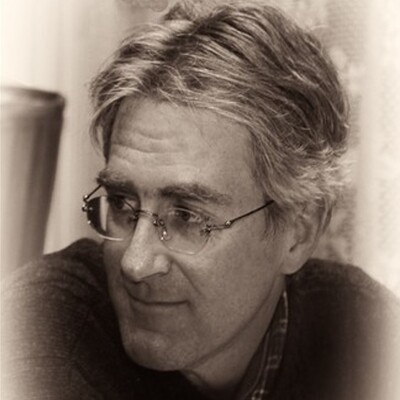Time to Break BP Up
Do BP’s far-flung operations have the potential to create catastrophes worse than the oil slick in the Gulf of Mexico?
June 22, 2010
The scope and extent of BP's global operations are impressive. And that's half the problem.
BP probes difficult sites and experiments with new production techniques in some of the most densely populated countries in the world, including Pakistan, China and Indonesia. It extracts oil and pipes gas through tricky joint ventures in areas with endemic governance problems, including Russia and the Caspian.
It drills in some of the most environmentally fragile parts of the world, such as Egypt and Algeria. It also happens to be the largest oil and gas producer in the United States.
Small problems in some of these places would be disasters. Large ones are hard to imagine — even with today's headlines on screen.
Moreover, the Gulf slick is not an isolated accident.
In 2006, BP had to shut down operations in Prudhoe Bay, Alaska, amounting to 8% of U.S. production capacity because of corrosion in transit pipelines it had not checked since 1992. In 2005, a leak dumped 200,000 gallons of oil on Alaska's North Slope.
Worst of all, these mishaps followed a March 2005 explosion at BP's Texas City refinery that killed 15 workers and injured 100. The Occupational Safety and Health Administration fined BP $21 million at the time for "egregious, willful violations of safety standards."
If ever a tragedy put a company on notice to lock down its operations, you would think the worst U.S. industrial accident in a decade would do it. But now we have the Gulf slick.
The other half of the problem is that BP's risk management weaknesses look structural. The 2005 and 2006 accidents followed an initiative to push strategic decisions down to operating units. Former CEO Robert Horton's Project 1990 cut headquarters staff by 80%, while his successor, John Browne, transferred responsibility for performance from BP Exploration's regional operating companies to the managers of 40 individual sites and fields.
Their new strategic responsibility turned the operating managers into sharp-eyed entrepreneurs. But it seems to have left them uncurious about risk lessons from sister plants.
In investigating the Texas City explosion, a panel headed by James Baker cited worker reports from a similar refinery in Whiting, Indiana, that indicated preventive maintenance was rare, the refinery had a "run until it breaks" mentality and the workforce often had to operate equipment with "band-aids."
U.S. Chemical Safety Board spokesman Daniel Horowitz concluded, "If you're not learning from near misses, you're not in a position to prevent major disasters like the one in Texas City."
De-centralization can thus explain BP's recent run of serious accidents — but not why it should have worse problems than many smaller competitors. John Browne stepped down as CEO earlier than expected in 2007. The answer may be that his was an incomplete revolution.
Truly independent operating units don't survive big accidents. But BP's deep pockets let its U.S. refining and extraction operations live to fight another day. John Browne's partial revolution exposed operating managers to the thrill and compensation of independent entrepreneurs — but not the full consequences of all the risks they took.
BP appears to be an oil industry echo of the "heads I win, tails society loses" world our top bankers inhabit. And that suggests BP's problems won't go away.
It's not even clear more stringent regulation can make BP safe for its host countries around the world. Browne's successor since 2007, Tony Hayward, was both a senior operating manager and group treasurer for years. He worked hard to salvage the firm's reputation after Texas City. Few could bring together a deeper knowledge of the company's risks and processes.
If Hayward's team couldn't prevent the Gulf slick, it's hard to imagine what regulator could have done so. And that leaves a breakup of the firm as very possibly the safest option for all of us. But politicians will have to rush to get ahead of the market on this one — as BP's fiercely independent parts may soon be worth more than the whole.
Takeaways
BP appears to be an oil industry echo of the "heads I win, tails society loses" world our top bankers inhabit.
BP's fiercely independent parts may soon be worth more than the whole.
De-centralization can explain BP's recent run of serious accidents — but not why it should have worse problems than many smaller competitors.
Read previous
Why Being “Less Bad” Is No Good
June 21, 2010
